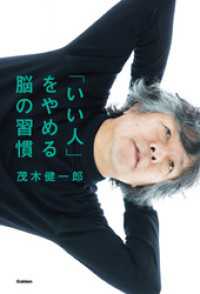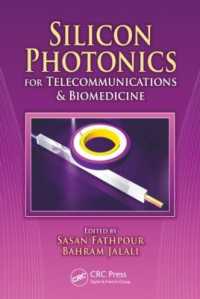Full Description
This book explores how the Enlightenment aesthetics of theater as a moral institution influenced cultural politics and operatic developments in Vienna between the mid-eighteenth and early nineteenth centuries. Moralistic viewpoints were particularly important in eighteenth-century debates about German national theater. In Vienna, the idea that vernacular theater should cultivate the moral sensibilities of its German-speaking audiences became prominent during the reign of Empress Maria Theresa, when advocates of German plays and operas attempted to deflect the imperial government from supporting exclusively French and Italian theatrical performances. Morality continued to be a dominant aspect of Viennese operatic culture in the following decades, as critics, state officials, librettists, and composers (including Gluck, Mozart, and Beethoven) attempted to establish and define German national opera. Viennese concepts of operatic didacticism and national identity in theater further transformed in response to the crisis of Emperor Joseph II's reform movement, the revolutionary ideas spreading from France, and the war efforts in facing Napoleonic aggression. The imperial government promoted good morals in theatrical performances through the institution of theater censorship, and German-opera authors cultivated intensely didactic works (such as Die Zauberflöte and Fidelio) that eventually became the cornerstones for later developments of German culture.
Contents
List of Music Examples List of Tables Preface Introduction. Opera and Didacticism in Early-Modern German Culture Chapter 1. Cultivating the Court and the Nation in Gluck's La rencontre imprévue Chapter 2. Die Entführung aus dem Serail and the Didactic Aesthetics of the National Singspiel Chapter 3. Morality and Germanness in Die Zauberflöte Chapter 4. Die Zauberflöte and Subversive Morality in Suburban Operas Chapter 5.The Politics of Morality at the Court Theater in the Late 1790s Chapter 6. How German is Fidelio? Didacticism in Beethovenian Operas Epilogue Bibliography







